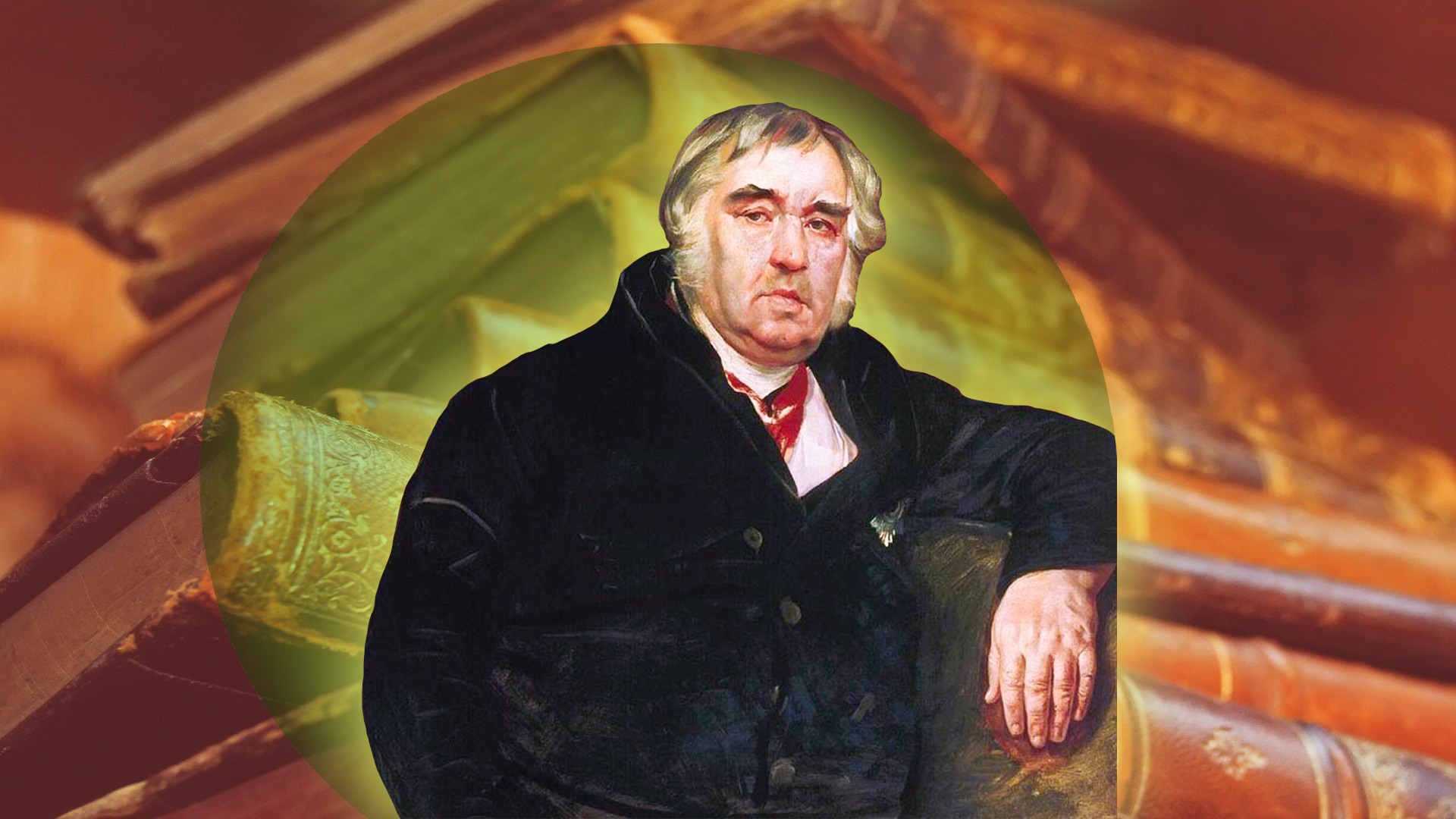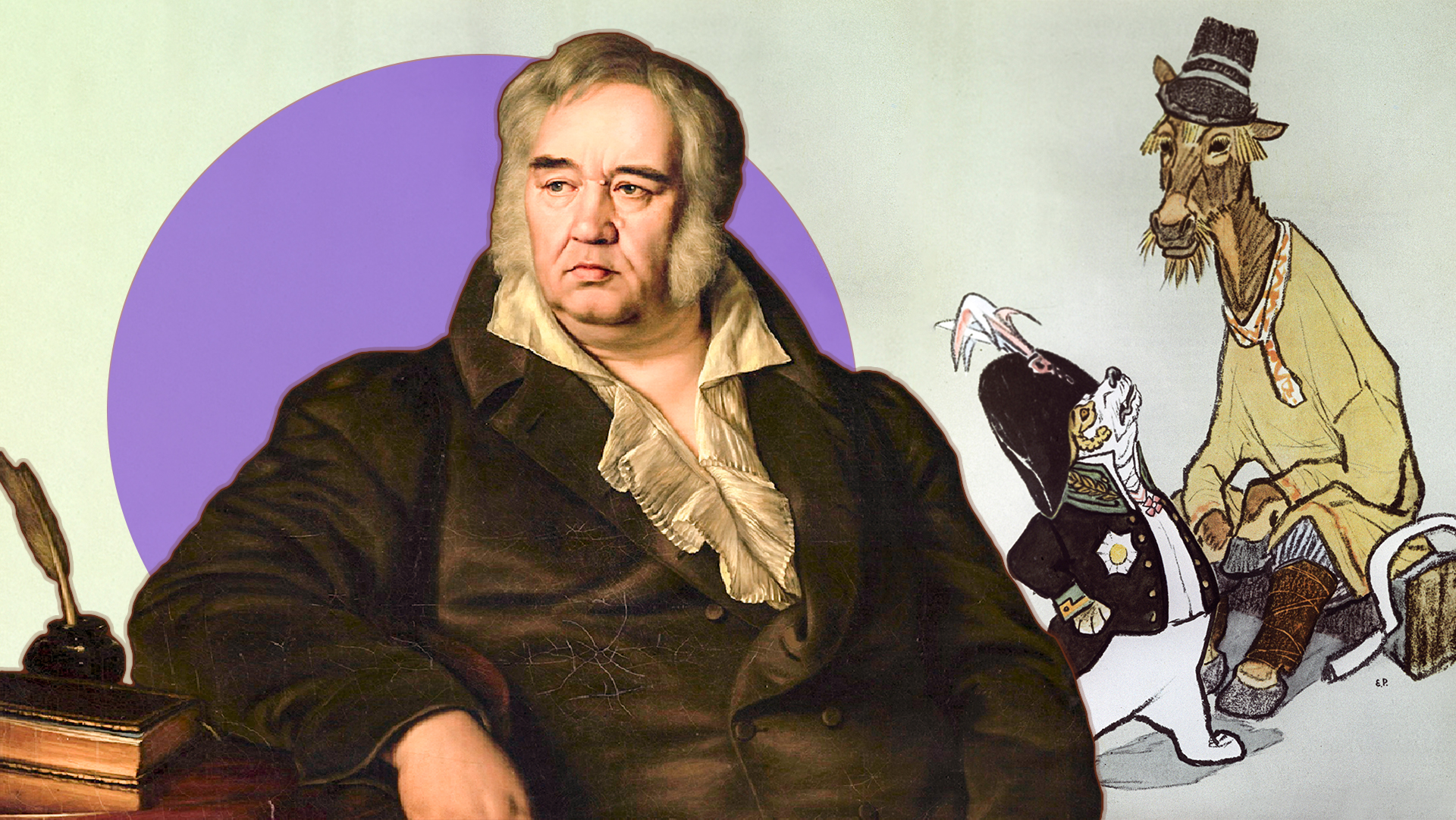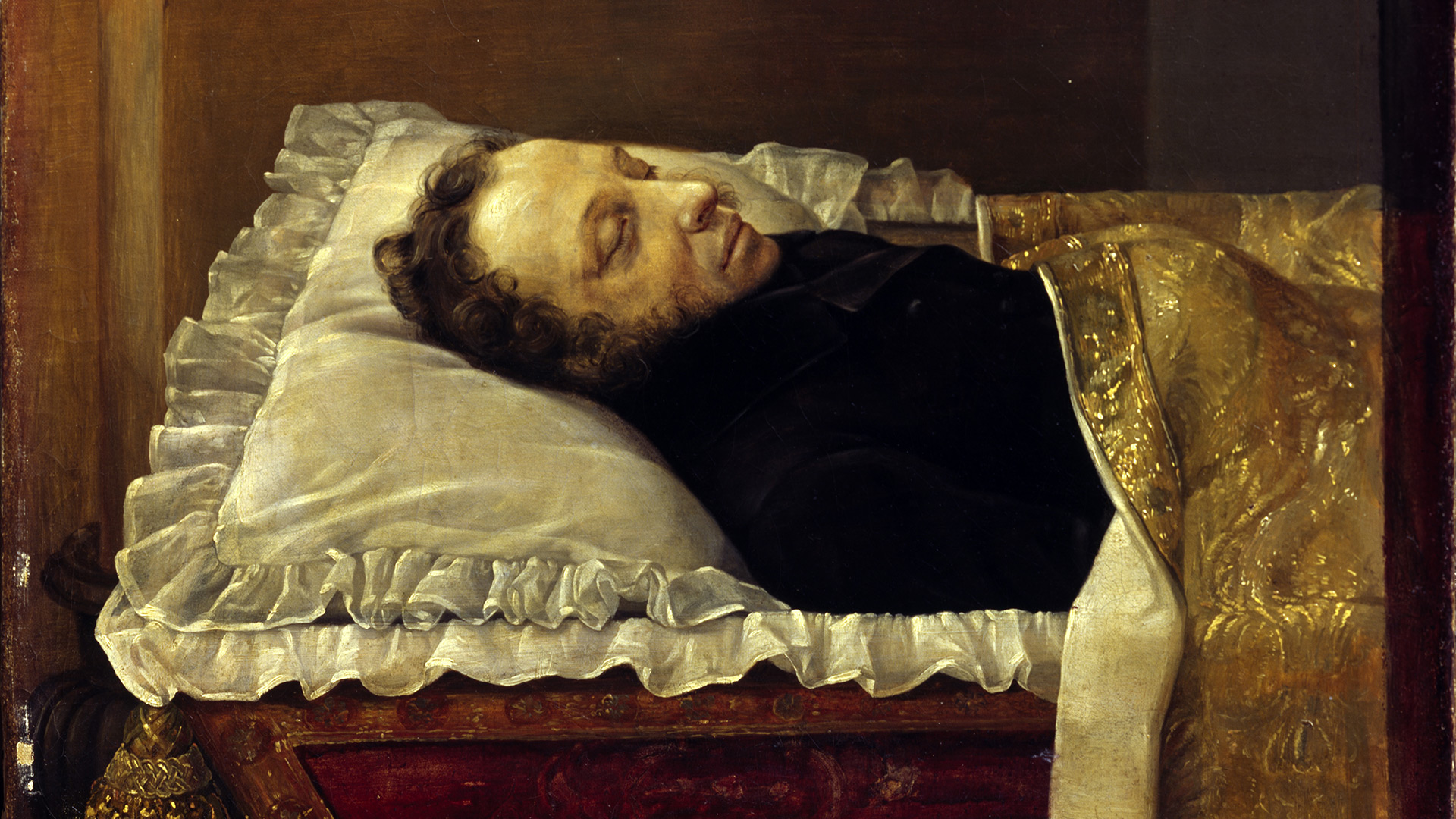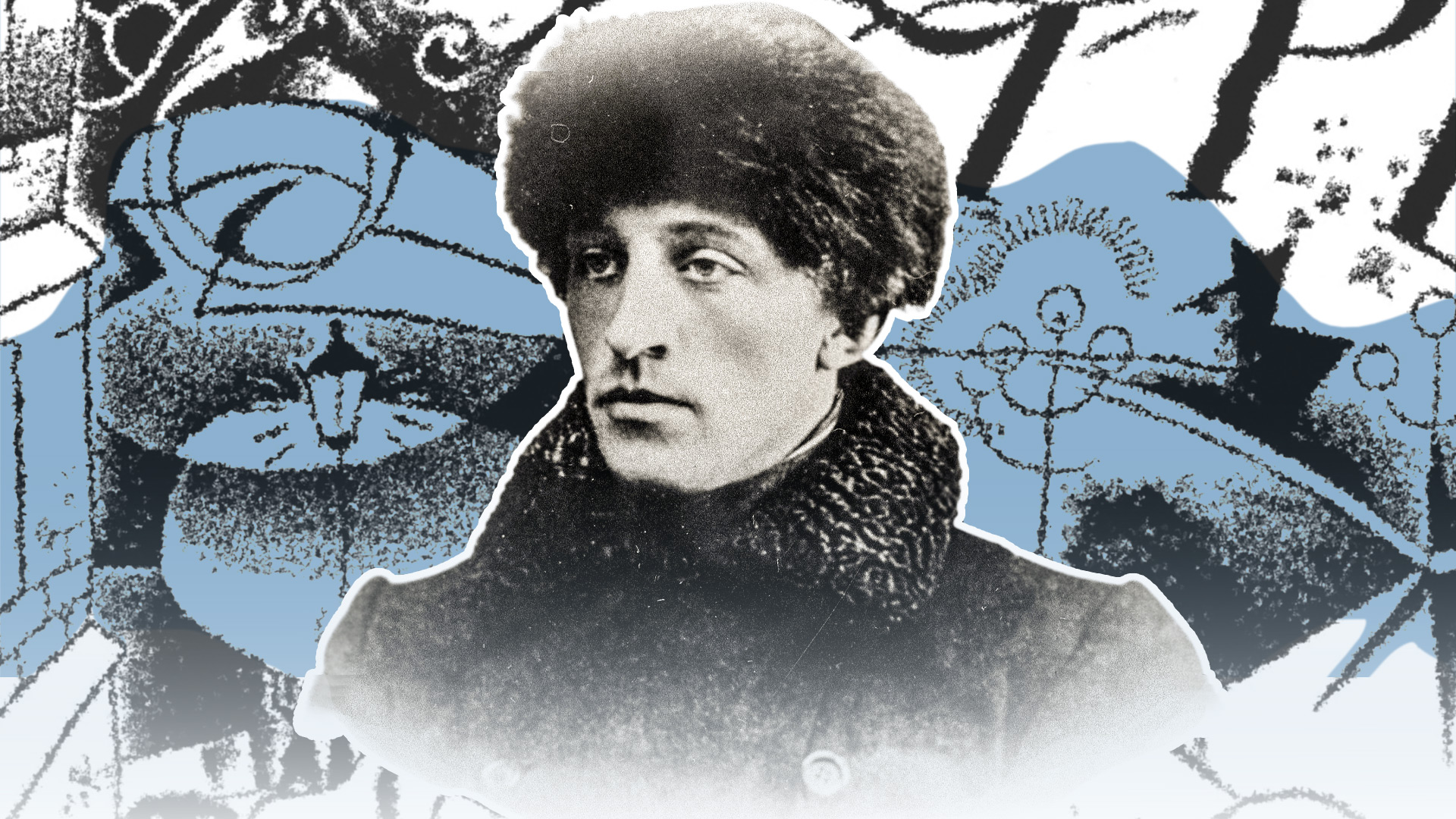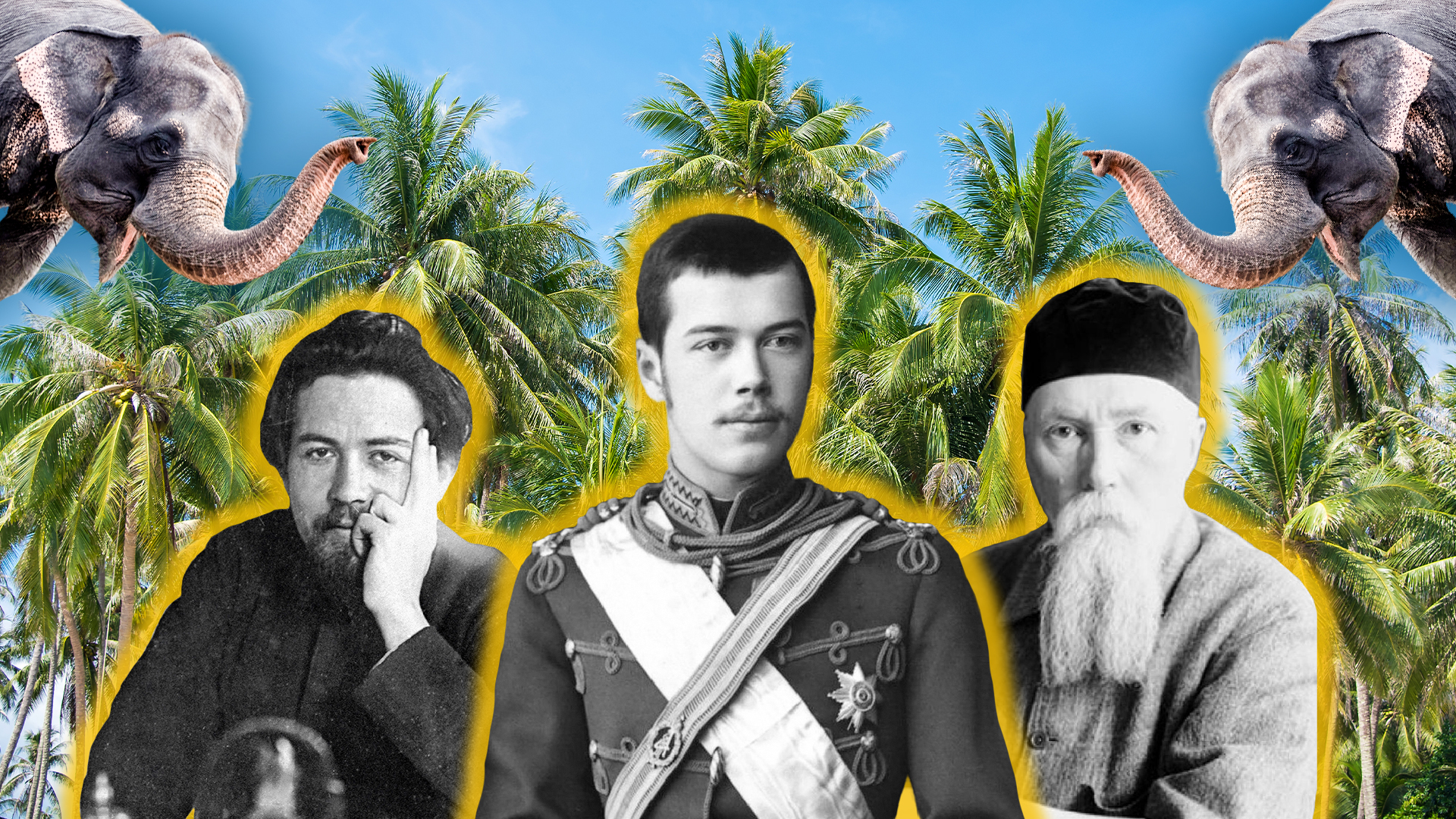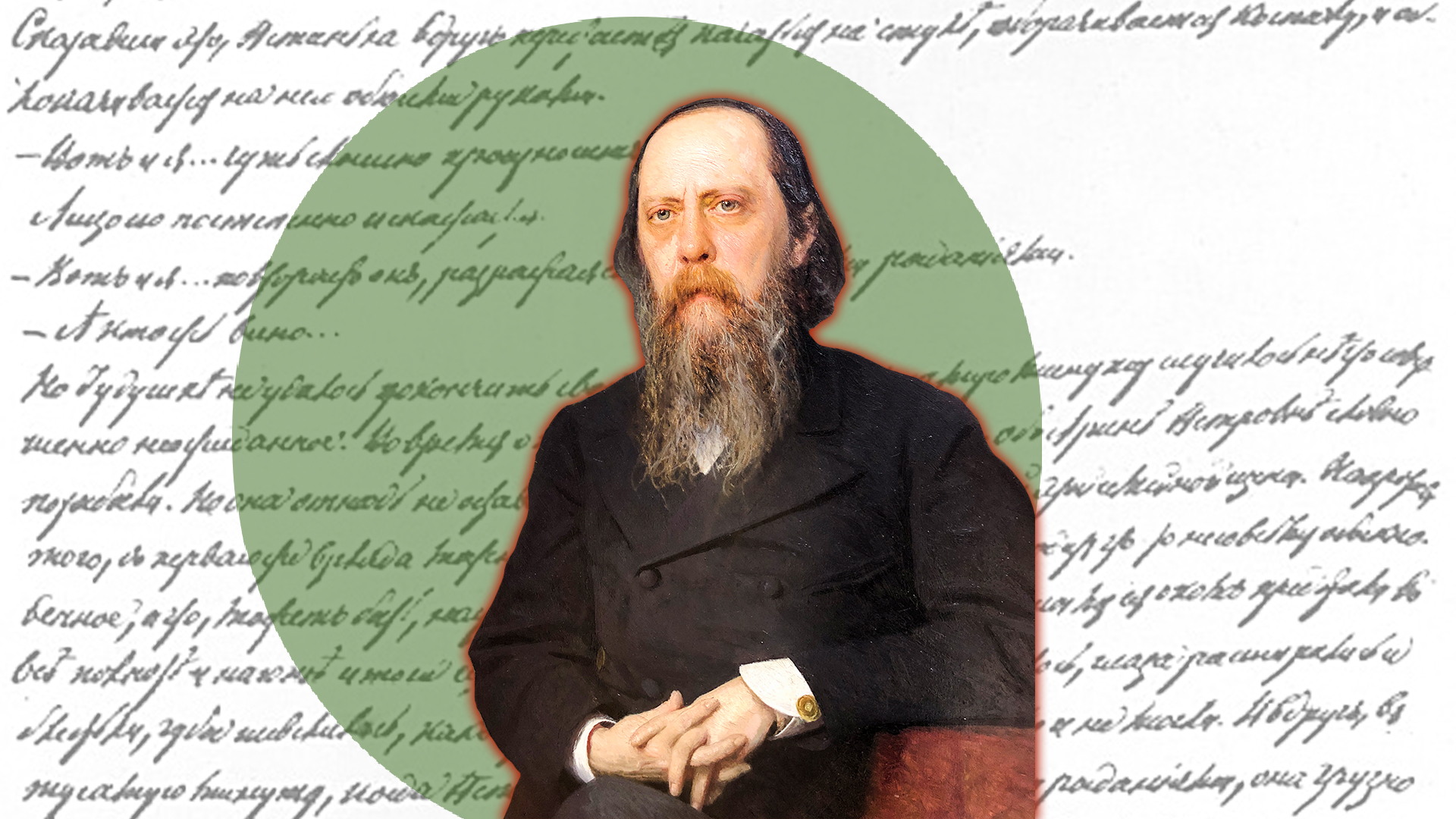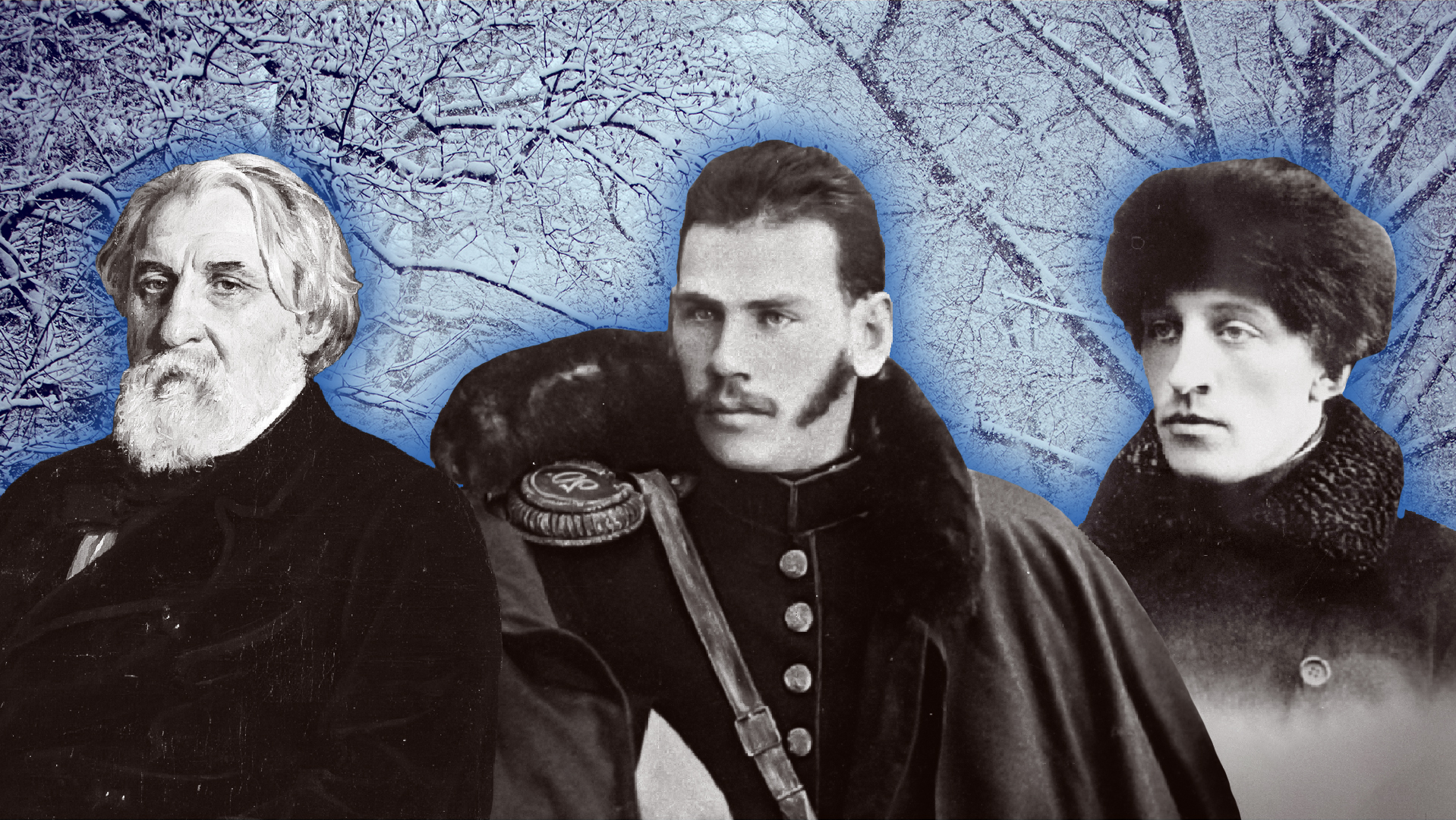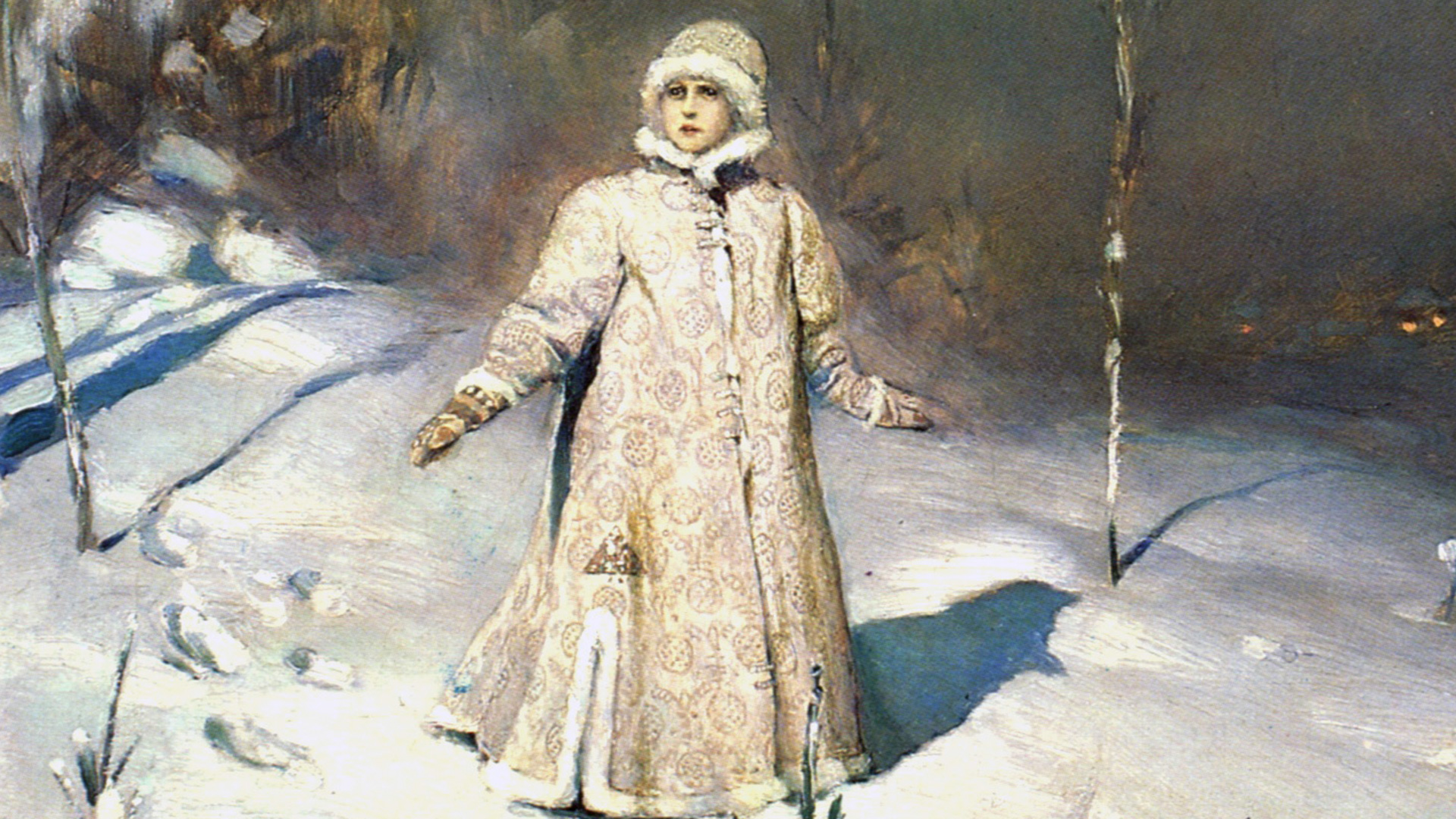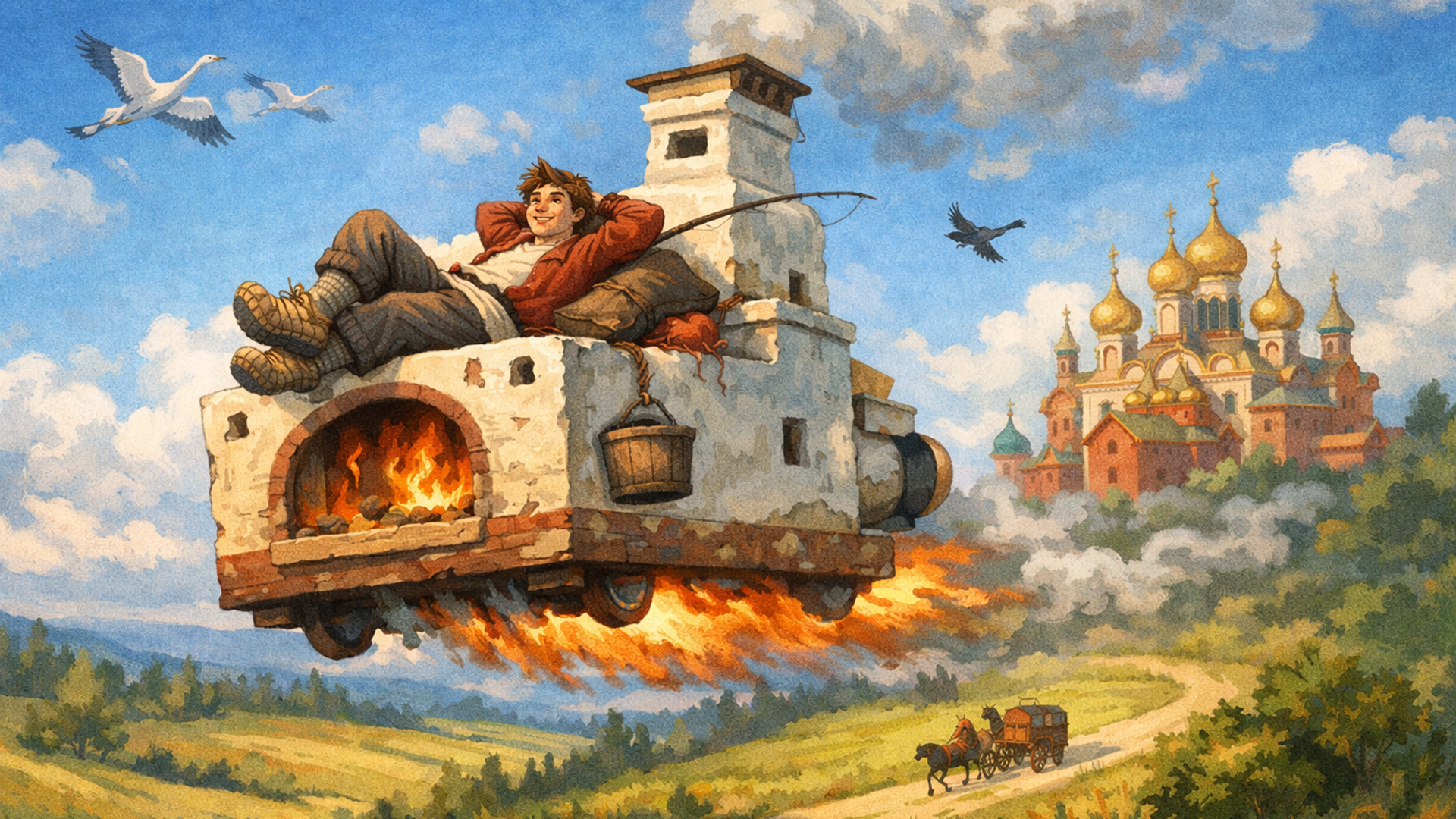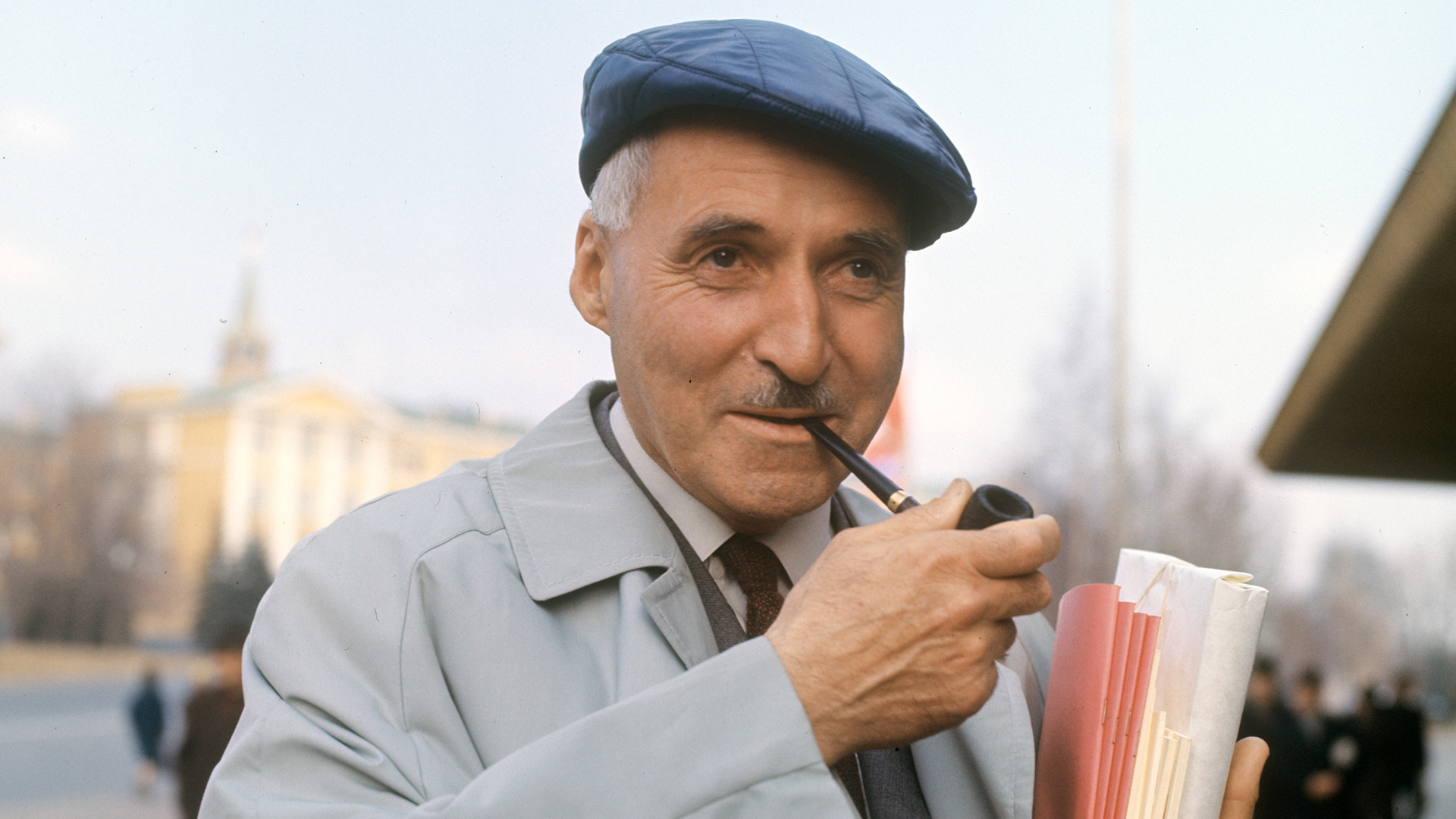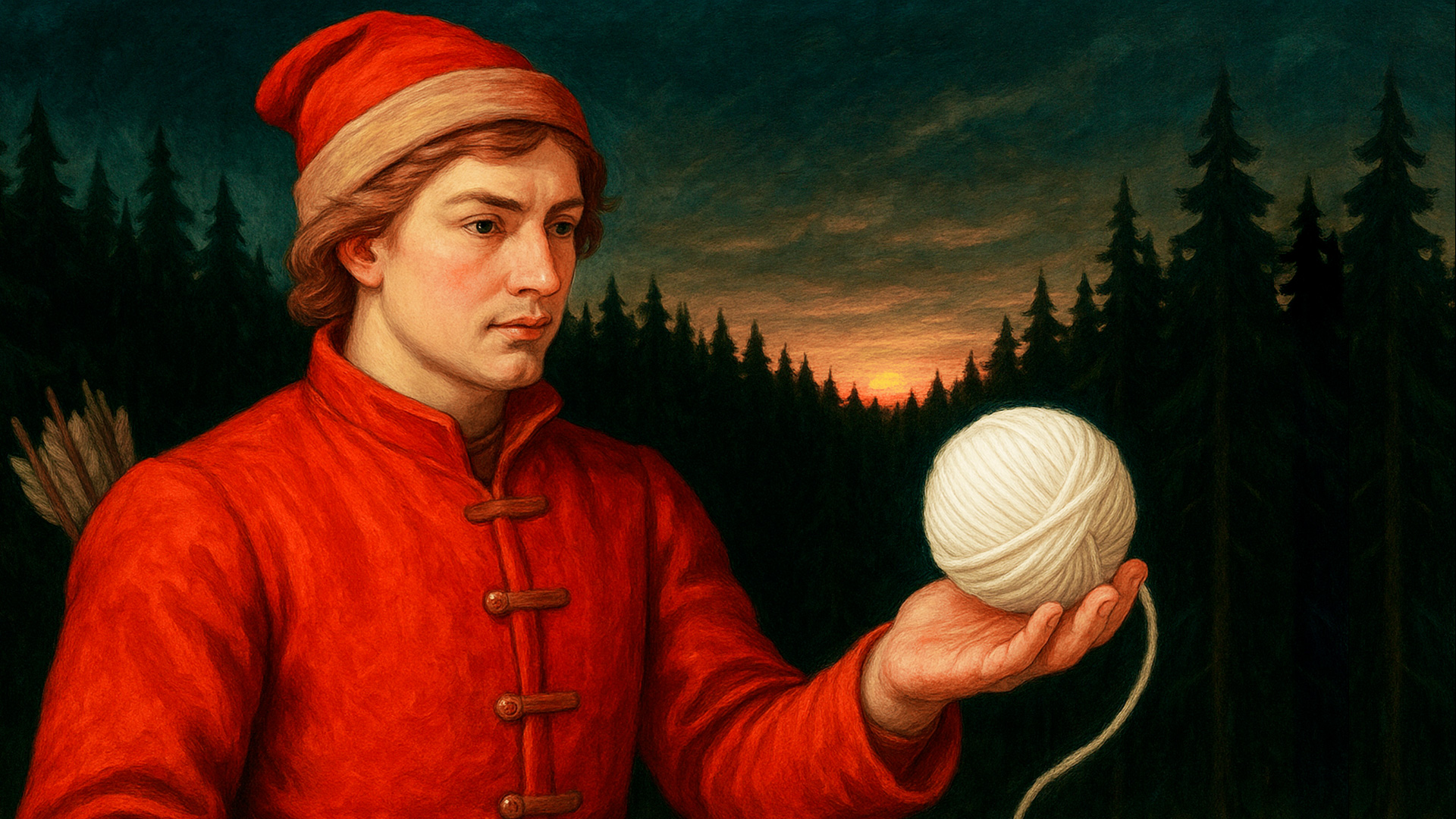
What did Russian classic writers think about… TEA?
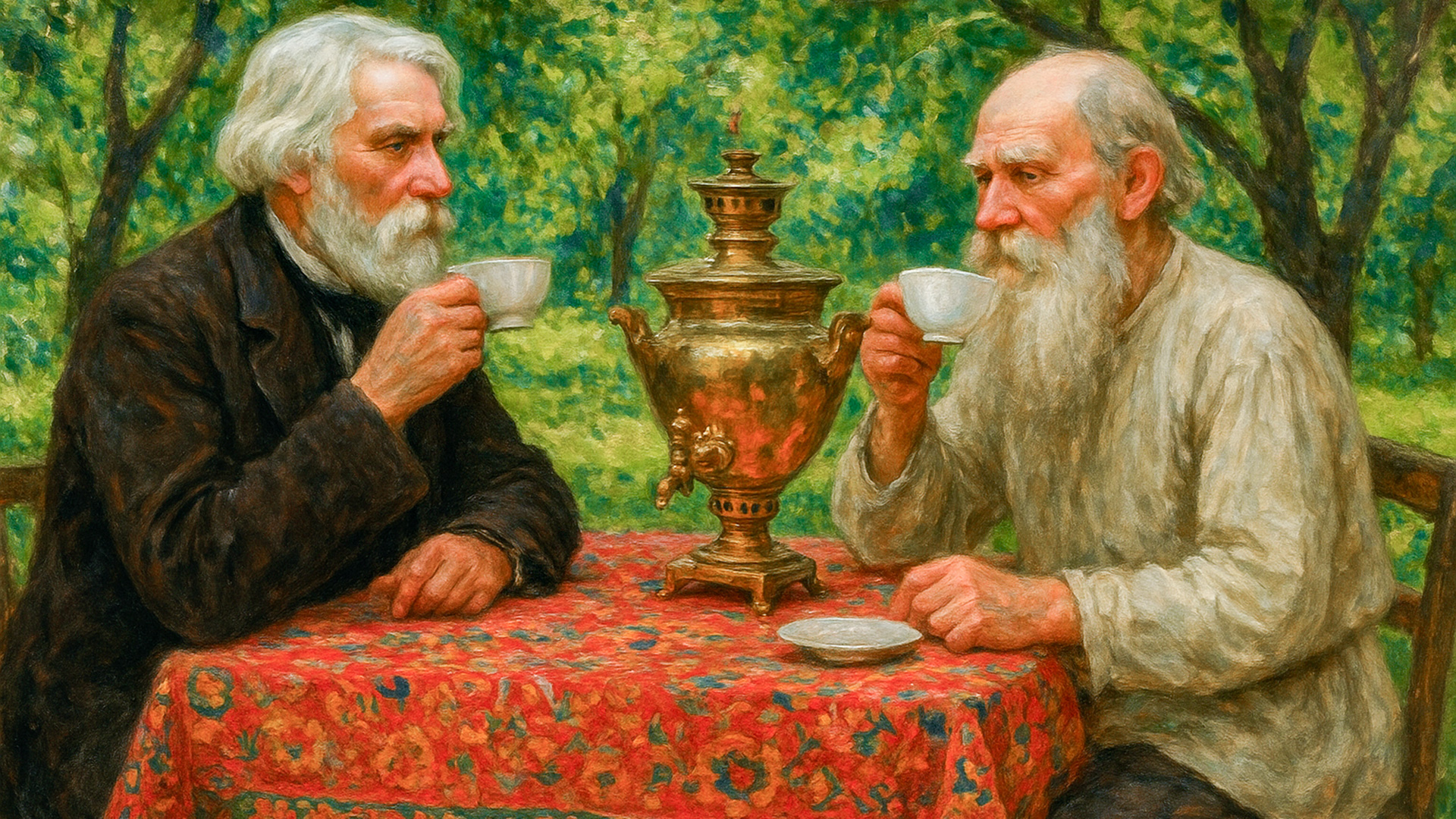
Drink tea in any situation

Anton Chekhov considered himself an expert on tea drinking. From Melikhovo near Moscow, he wrote to his brother: “Everything is fine in our house, so far. They are well. We have aristocrats visiting us, for example, Malkieli. Tea is served here, like in good houses, with napkins.”
Having stopped in Tomsk while on his trip to Sakhalin, Chekhov complained in a letter to his loved ones about the lack of his usual drink. “They drink brick tea here. This is an infusion of sage and cockroaches… So to taste and by color… not tea, but Matrasin wine. By the way, I took 1/4 pound of tea, 5 pounds of sugar and 3 lemons with me from Yekaterinburg. There was not enough tea and there was nowhere to buy it. In lousy towns, even officials drink brick tea and the best shops do not keep tea more expensive than 1 ruble 50 kopecks per pound. I had to drink sage."
Only after arriving in Irkutsk did Chekhov admit with relief: "I drank excellent tea, after which I felt a pleasant excitement." And, he added: "Tea on the road is a true blessing. Now, I know its value and drink it with a vengeance <…> It warms, drives away sleep; with it, you eat a lot of bread and bread, in the absence of other food, must be eaten in large quantities <…> You drink tea and talk to women…"

"I thought, when I was in Moscow, I would ask for a business trip to Georgia to the tea plantations. Tea is my joy and, perhaps, from its growth and leaves I will extract the sum of those impressions that will give me the opportunity to write an essay without lying." Alexander Grin, who wrote ‘Scarlet Sails’, would begin his day with this invigorating drink and considered it an "ancillary working tool". He preferred tea from a samovar and when it became difficult to get it, residents of Stary Krym came to the rescue. Having learned that the writer was seriously ill, they began to bring him tea – a little at a time, sometimes a few teaspoons, to please him.

For Mikhail Bulgakov, tea was a memory of old times. "And so I walked along Kuznetsky Most, as I had dozens of times in recent winter days, stopping in at different stores. I needed to buy this and that. Of course, I bought the inevitable bottle of white wine and half a bottle of Russian bitters, but, for some reason, I was especially ambiguous when I bought tea.” And he wrote to his mother: “My most pleasant memory of late is – guess what? How I slept on your sofa and drank tea with French rolls. I would give a lot to be able to lie like that again for at least two days, drinking tea and not think about anything. I am so tired.”
Russian tea ceremony

Fyodor Dostoyevsky, author of ‘Crime and Punishment’, loved tea from his youth and, as a student, he once wrote to his father: “Well, if you don’t drink tea, you won’t die of hunger!” He preferred stronger, sweet black tea – “almost like beer,” as his wife Anna Dostoevskaya would put it – and he would not take up a manuscript without it. He often worked at night and, at that time, the samovar was kept especially hot for the writer. A great lover of all things sweet, Dostoevsky always kept a special cupboard full of “white pastila, honey…, Kiev jam, chocolate (for children), blue raisins, grapes, red and white pastila in sticks, marmalade and also fruit jelly.”
He brewed tea himself and even had a special, so-called ‘papa’s spoon’ for this. “…it often happened that he would take a glass to his study and return again to top up or dilute the tea. He assured: “You pour tea, it seems to be a good color, but, when you bring it to the study, the color is no longer the same.”
Moments of bliss

“I drink wonderful tea in the morning – with wonderful pretzels – from large wonderful English cups; I also have a lamp on the table. In a word, I am blissful and, with a tremulous, secret, ecstatic pleasure, I enjoy solitude – and I work – I work a lot.” Who wouldn't want to start their working day like Ivan Turgenev did?

"I got up early, drank water, bathed, drank tea and did nothing until lunch," wrote Leo Tolstoy in his diary. The author of ‘War and Peace’ consumed tea in incredible quantities – he could drink up to five liters a day – that’s around 25 cups! Tolstoy admitted: "Tea releases those possibilities that are dormant in the depths of my soul."


